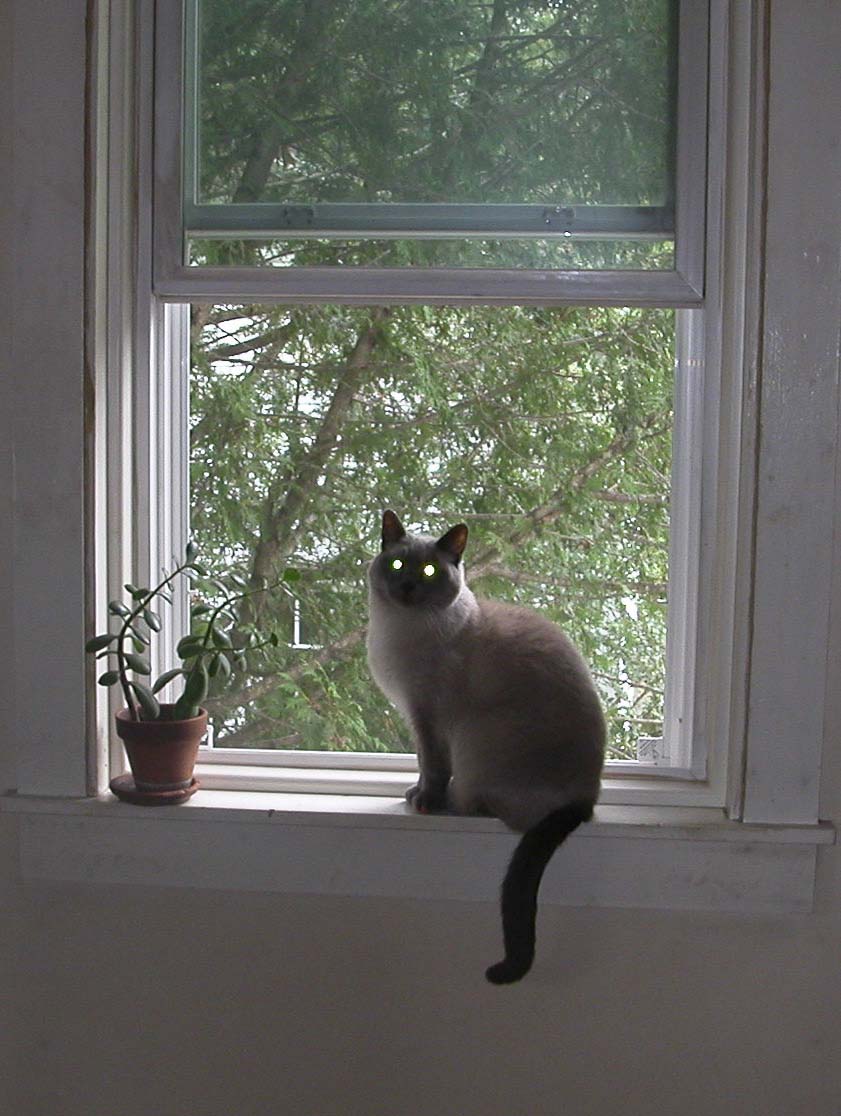
Tag: Samhain
Understanding Halloween
October 11, 2013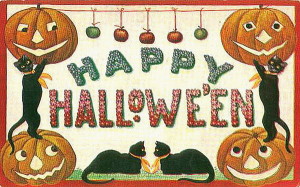 At the risk of preaching to the choir this week, I want to talk about the meaning of Halloween. Over the past few years I have been getting more and more calls-to-action over two issues associated with Halloween as it is commonly celebrated: the adoption of stereotypic American Indian trick-or-treat costumes and the borrowing of sugar skulls from Mexican American Dia de los Muertos ceremonies. While I agree with objections raised to these two practices, I nonetheless find the slant of this activism troubling. By objecting only to offensive elements within the sacrilegious perversion of this holy day, this activism ends up reinforcing the perverted narrative. Conversely, by bringing Halloween back in harmony with its roots, these and other offensive elements are banished.Let’s look at the true meaning of the holiday. Halloween is a shortened version of All Hollows Eve, an ancient Celtic holiday of reverence for ancestors. It is still celebrated as such by Druids and Witches throughout the world. The day is usually celebrated between October 30 and November 2, depending on the religious tradition and the country. (Some Druids mark the full moon closest to November 1.) Many centuries ago the Catholic Church, in order to discourage the Pagan rites, co-opted the holiday as All Souls Day, and within the Catholic Church it retained much of its former purpose of remembering departed souls. All Souls Day has been an important holiday wherever there has been a strong Celtic influence, not only in the “Celtic countries” of the British Isles, but in France, Spain, and even parts of Germany. Because of the Aztec influence, the Mexican holiday retained even more of its original significance while incorporating elements of indigenous Mesoamerican belief.
At the risk of preaching to the choir this week, I want to talk about the meaning of Halloween. Over the past few years I have been getting more and more calls-to-action over two issues associated with Halloween as it is commonly celebrated: the adoption of stereotypic American Indian trick-or-treat costumes and the borrowing of sugar skulls from Mexican American Dia de los Muertos ceremonies. While I agree with objections raised to these two practices, I nonetheless find the slant of this activism troubling. By objecting only to offensive elements within the sacrilegious perversion of this holy day, this activism ends up reinforcing the perverted narrative. Conversely, by bringing Halloween back in harmony with its roots, these and other offensive elements are banished.Let’s look at the true meaning of the holiday. Halloween is a shortened version of All Hollows Eve, an ancient Celtic holiday of reverence for ancestors. It is still celebrated as such by Druids and Witches throughout the world. The day is usually celebrated between October 30 and November 2, depending on the religious tradition and the country. (Some Druids mark the full moon closest to November 1.) Many centuries ago the Catholic Church, in order to discourage the Pagan rites, co-opted the holiday as All Souls Day, and within the Catholic Church it retained much of its former purpose of remembering departed souls. All Souls Day has been an important holiday wherever there has been a strong Celtic influence, not only in the “Celtic countries” of the British Isles, but in France, Spain, and even parts of Germany. Because of the Aztec influence, the Mexican holiday retained even more of its original significance while incorporating elements of indigenous Mesoamerican belief.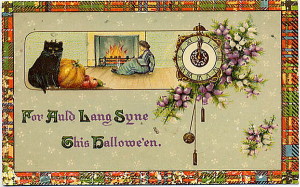
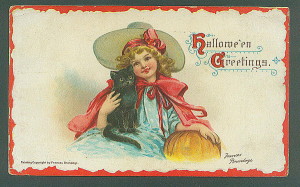 Scary stories have a universal appeal and probably serve some purpose, but in light of what has already been explained the sacrilege of Halloween slasher movies should be obvious. Imagine for a moment the most sacred Christian or Jewish holidays being given an exploitative, sacrilegious theme. What if Easter produced a slew of apocalyptic flesh eating zombie movies, seeing as Jesus rose from the dead? What if Yom Kippur produced stories on the theme of sadomasochism, seeing as it’s the day of atonement? If the very suggestion of such a takeoff offends you, think about the commercial exploitation of Halloween in light of what the night is really about.You can still celebrate Halloween in a respectful way, even if you are not a Witch or a Druid. Explain to children that Halloween is a time of ghosts, and give them the option of dressing as a sad ghost or a wretched ghost or a whimsical ghost. Save the ballerina and astronaut costumes for a different occasion. If you want to have a Halloween gathering, just keep it cheerful and leave the slasher movies and related themes out of the evening. Tarot cards, harmless spells, and other witchy activities are fine, as long as they are not trivialized. If you simply ask your guests to bring a picture of a departed loved one and come prepared to talk a little about this person, you have right there an nonreligious expression of the true meaning of Halloween.
Scary stories have a universal appeal and probably serve some purpose, but in light of what has already been explained the sacrilege of Halloween slasher movies should be obvious. Imagine for a moment the most sacred Christian or Jewish holidays being given an exploitative, sacrilegious theme. What if Easter produced a slew of apocalyptic flesh eating zombie movies, seeing as Jesus rose from the dead? What if Yom Kippur produced stories on the theme of sadomasochism, seeing as it’s the day of atonement? If the very suggestion of such a takeoff offends you, think about the commercial exploitation of Halloween in light of what the night is really about.You can still celebrate Halloween in a respectful way, even if you are not a Witch or a Druid. Explain to children that Halloween is a time of ghosts, and give them the option of dressing as a sad ghost or a wretched ghost or a whimsical ghost. Save the ballerina and astronaut costumes for a different occasion. If you want to have a Halloween gathering, just keep it cheerful and leave the slasher movies and related themes out of the evening. Tarot cards, harmless spells, and other witchy activities are fine, as long as they are not trivialized. If you simply ask your guests to bring a picture of a departed loved one and come prepared to talk a little about this person, you have right there an nonreligious expression of the true meaning of Halloween.
Kitten
May 24, 2013

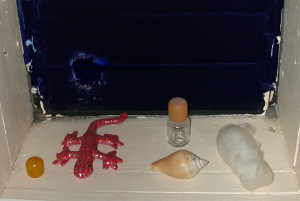
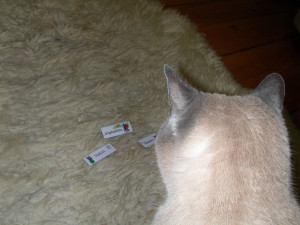
Aine at Summer’s End
October 26, 2012
Matthews, Caitlin and John Matthews. The Encyclopedia of Celtic Wisdom. Shaftesbury, UK: Element Books, 1994.Matthews, John and Caitlin Matthews. The Encyclopedia of Celtic Myth and Legend. Guilford, CT: Lyons Press, 2004.Monaghan, Patricia. The Encyclopedia of Celtic Mythology and Folklore. New York: Checkmark Books, 2008.
